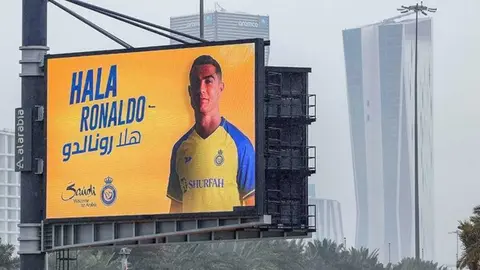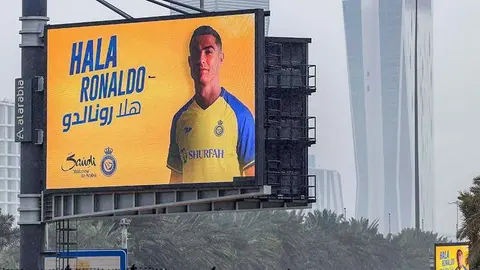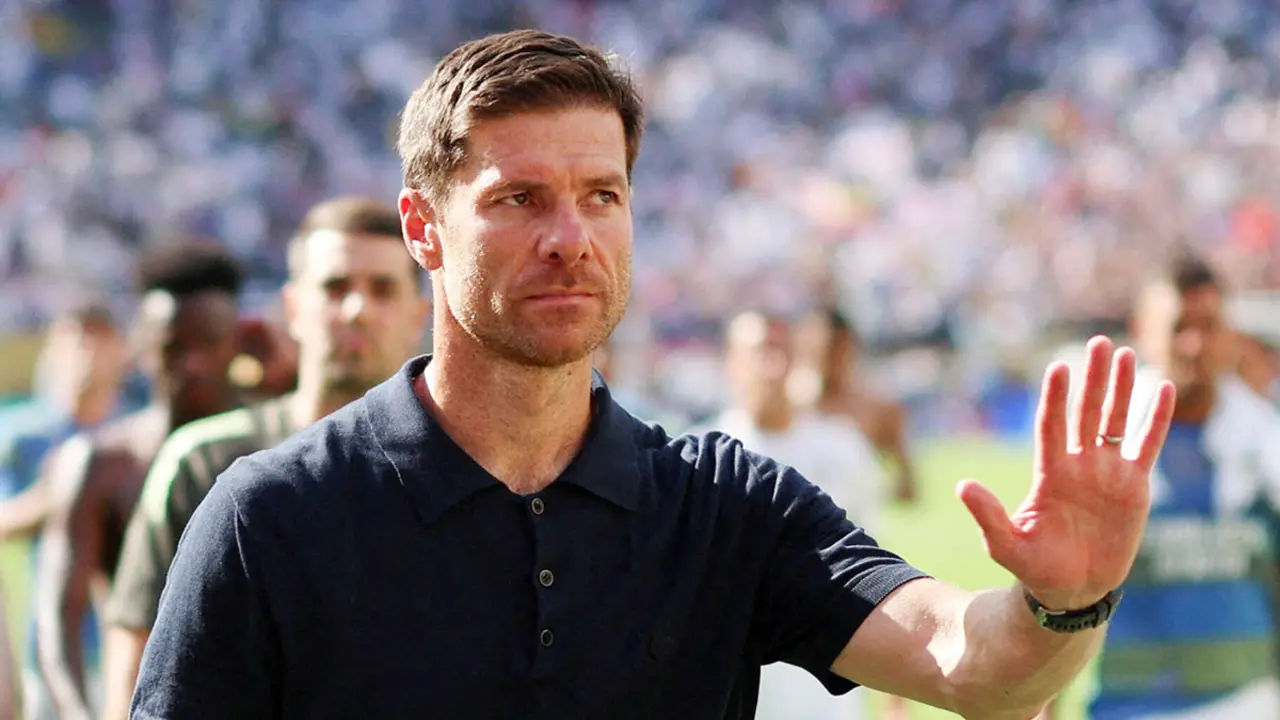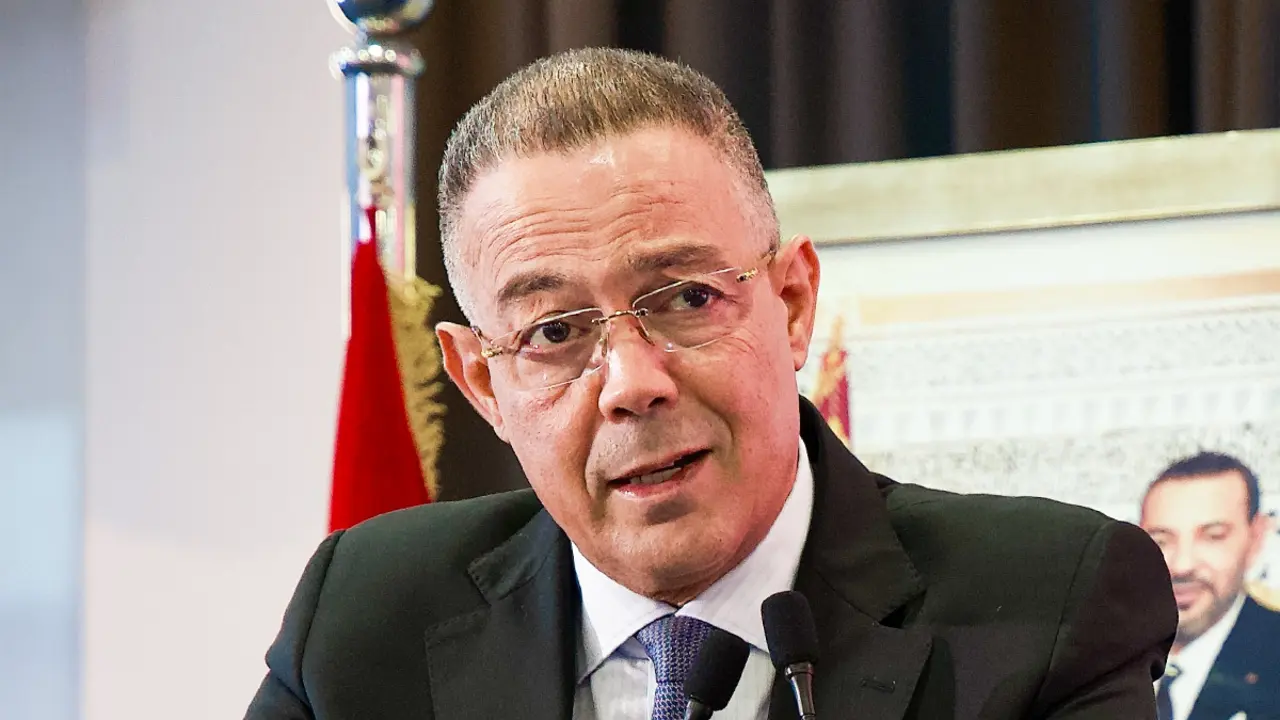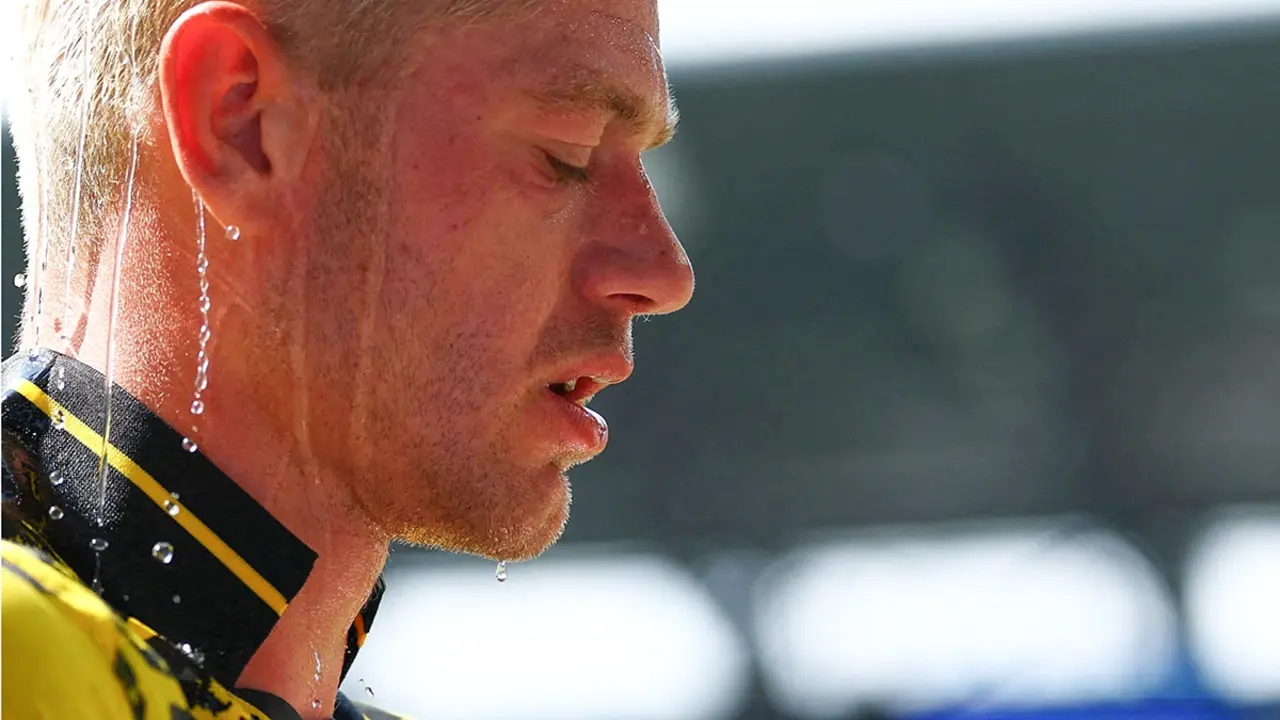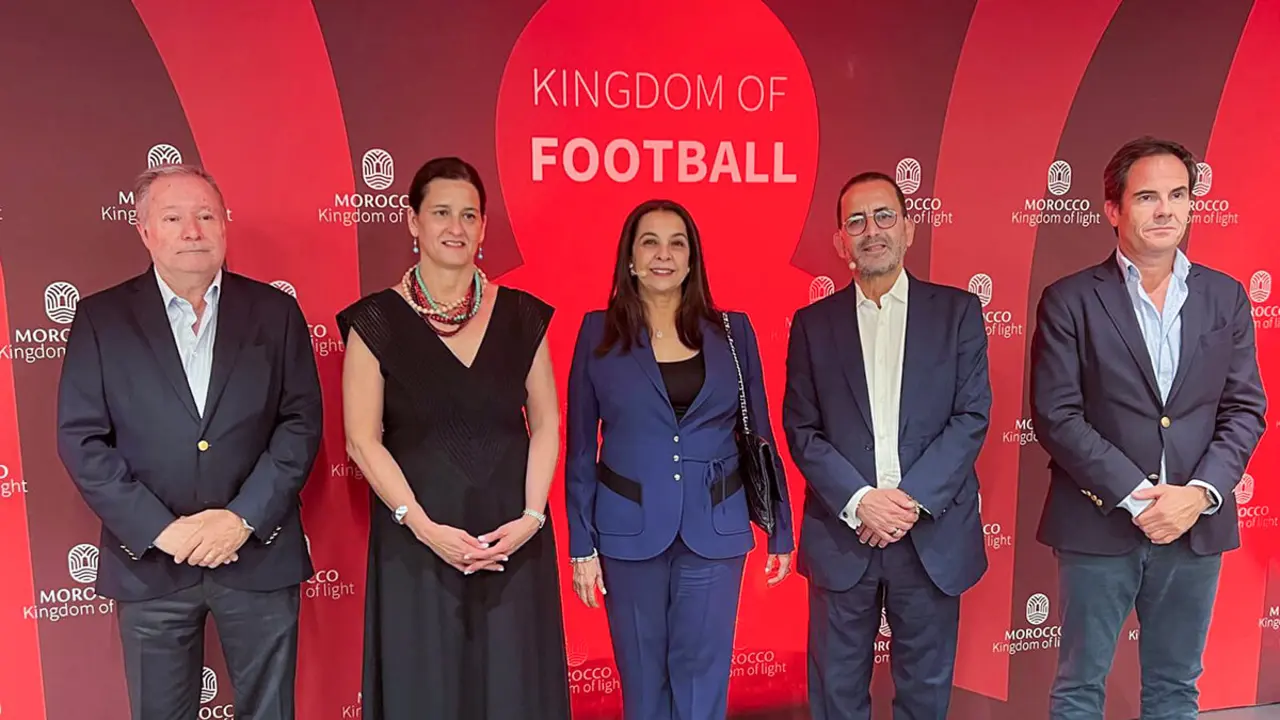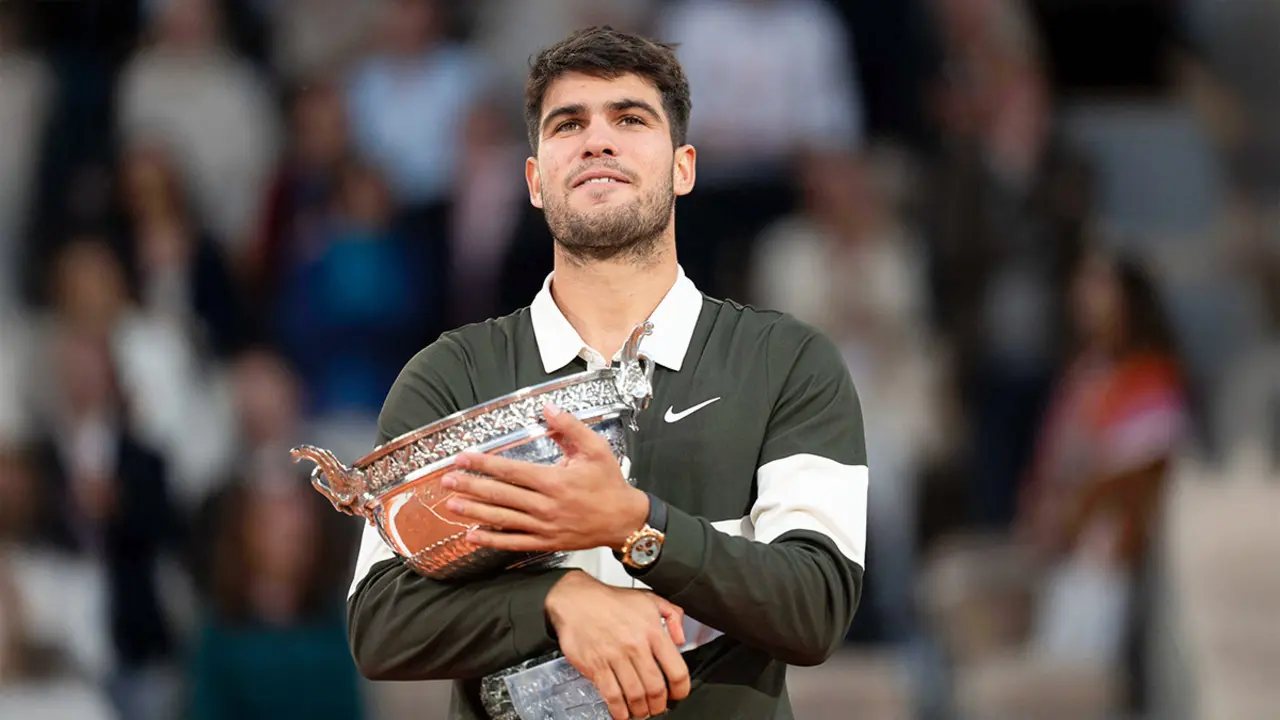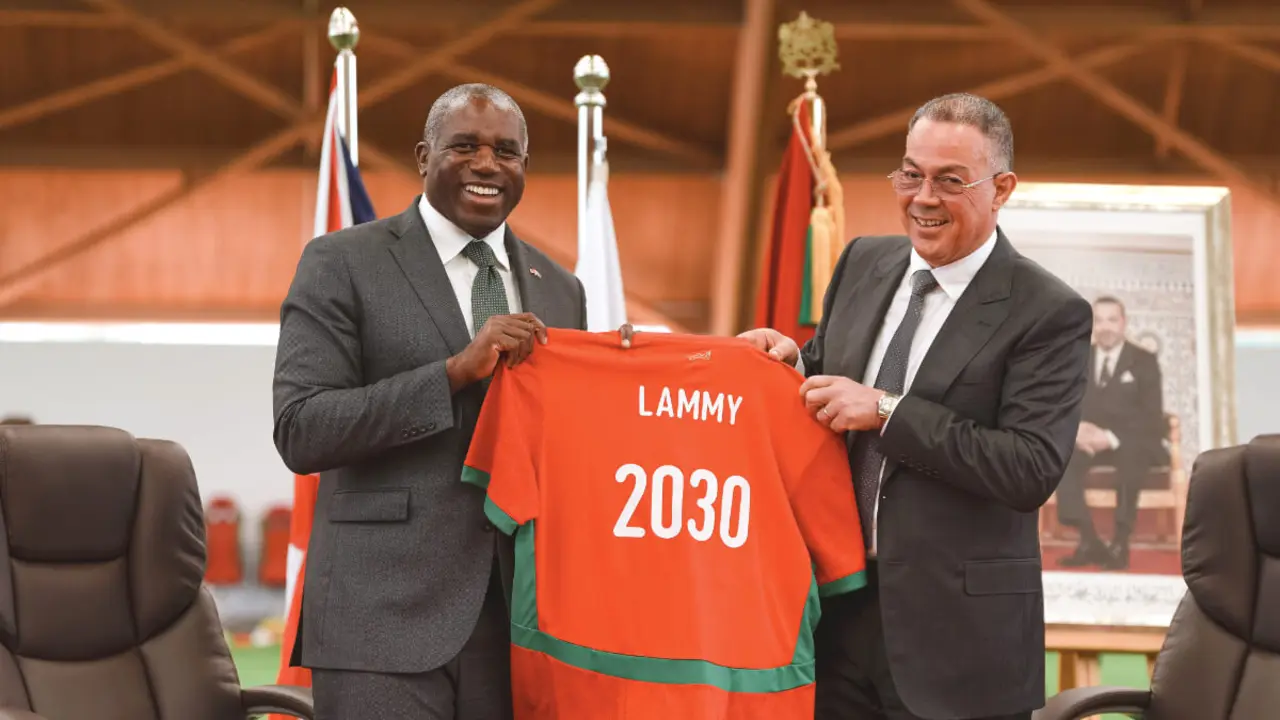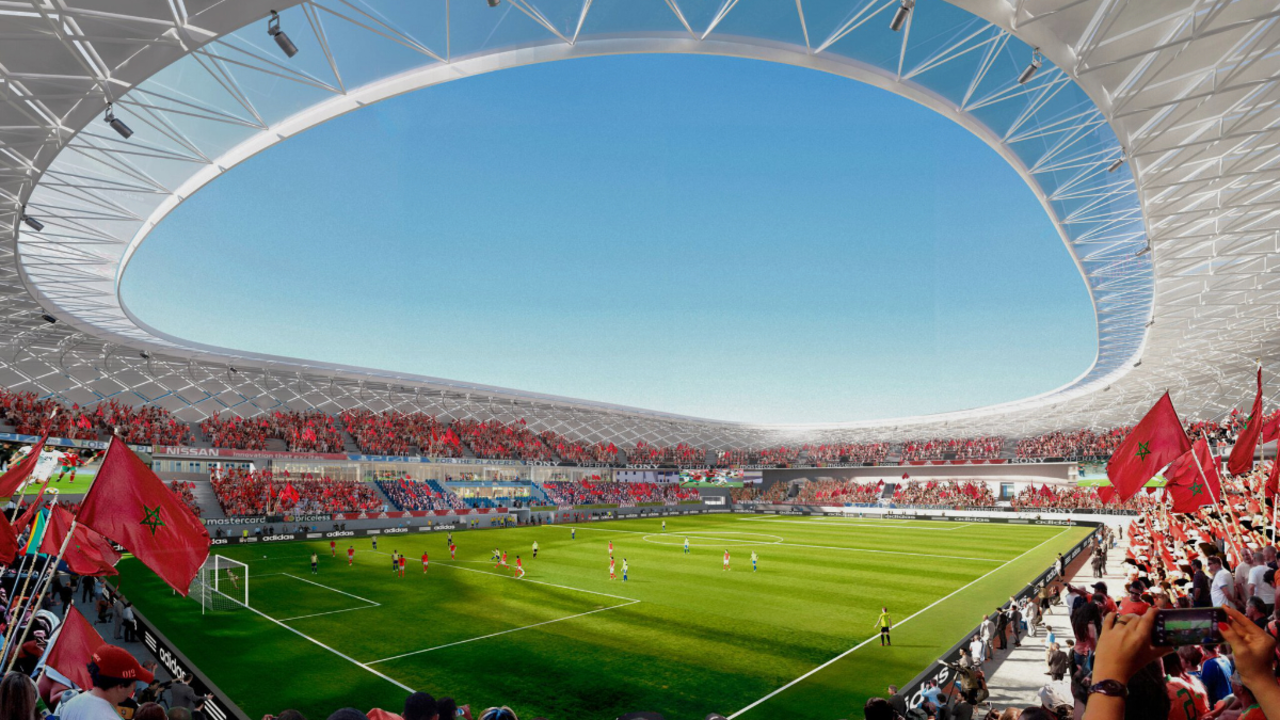Football, Saudi Arabia's plan B when oil stops bringing in revenue

Big-money transfers of football stars to Saudi Arabian clubs have made headlines in recent months, but the stakes for the wealthy Gulf kingdom are not sporting: Riyadh is looking for a plan B to bring in revenue in the face of a predicted oil decline.
A Brazilian player greeted by thousands of fans and driven in a Rolls-Royce to a banquet hosted by the Saudi royal family: Neymar's name comes to mind, but it is Roberto Rivelino.
The former footballer signed a juicy contract with Al-Hilal in 1978 45 years before Neymar's arrival this summer.
"In addition to receiving a new Mercedes Benz and $10,000 a month, Rivelino will be staying in one of Prince Khaled Al-Saoud's palaces," wrote the Washington Post at the time.
Neymar, but also Cristiano Ronaldo, Karim Benzema and other superstars have received similar honours by joining the Saudi Pro League.

Saudi football has spent $830 million (765 million euros) on transfers alone this summer, not counting the players' pharaonic salaries.
Accused of serving as a veil over human rights violations in the country, these astronomical sums are unprecedented in the world of football, even for the Saudi kingdom itself.
Today, these investments are part of an overall strategy of the world's leading exporter of crude oil: to reshape its economy before revenues from black gold plummet.
These millions are part of "the transformation aimed at getting this country where it wants to go," he told the AFP. Carlo Nohra, chief operating officer of the Saudi Pro League, told AFP.
"Completely different"
That will to transform is embodied in the Vision 2030 project of the powerful Crown Prince Mohammad bin Salman, who is determined to open up his country and reduce its dependence on oil.
International footballers like Rivelino came to Saudi Arabia in the 1970s, Saleh al-Khalif, deputy editor-in-chief of the Saudi sports daily Al-Riyadiah, told AFP.
"Rivo (Rivelino) came, as did other Tunisian players who played well in the 1978 World Cup. But the experience ended in failure," he recalls.
At that time, clubs were signing without a government strategy. "That system was not viable so it didn't survive," Saleh al-Khalif reckons. Today it's completely different," he says.

The Saudi Arabia of MBS, as the crown prince is called, has invested hundreds of millions in all fields: a futuristic new city on the Red Sea, major sporting and cultural events, various projects for a budding luxury tourism.
For this country of 32 million inhabitants, where two thirds of the population is under 30, time is running out. The Organisation of Petroleum Exporting Countries (OPEC), of which Riyadh is an important member, predicts that world consumption will peak around 2040, which means that revenues will stagnate and decline.
Bread and circuses
The Saudis are "in a race against time", says Simon Chadwick, professor of sport and geopolitical economics at SKEMA Business School in Paris.
"Saudi Arabia has 20 years to diversify. In the meantime, it is exposed to oil price fluctuations," Chadwick told AFP. The country must, in his opinion, "act quickly, strategically and effectively".
In a country where, until recent years, public entertainment was rare and women were banned from stadiums, it is a question of satisfying a population "that has long been deprived of entertainment at this level," says Ali Khalid, a sports journalist with the Saudi Arab News.
Leaving aside the criticisms of "cynics" about repression in Saudi Arabia, he is happy that the authorities have provided the people with "the best in terms of" entertainment.
But investments in football, or Formula 1, golf, or music festivals, are also intended to "secure the ruling family", Chadwick points out.
"Football investment is the bread and circuses of the 21st century," he says. "It's giving the people what they want in the hope that they will leave you alone" despite the authoritarian exercise of power.

